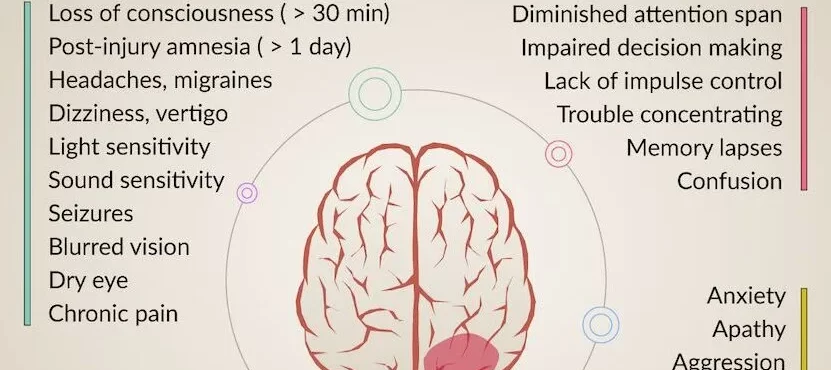Accidents can happen when we least expect them, and one of the most concerning outcomes of a serious accident is a traumatic brain injury (TBI). Diagnosing a traumatic brain injury is a complex and delicate process that requires the expertise of medical professionals and cutting-edge technology. In this blog post titled diagnosing traumatic brain injuries, we will explore the various medical procedures used to diagnose traumatic brain injuries and shed light on the crucial steps involved in this challenging diagnosis.
Understanding Traumatic Brain Injuries
Before delving into the diagnostic procedures, it’s important to understand what a traumatic brain injury is. TBIs occur when an external force, such as a blow to the head or a severe jolt, causes brain dysfunction. These injuries can range from mild concussions to severe, life-altering conditions that impact a person’s physical, cognitive, and emotional abilities.
Initial Evaluation and Medical History
When a patient presents with symptoms suggestive of a traumatic brain injury, the first step for medical professionals is a thorough evaluation. This includes taking a detailed medical history, understanding the circumstances of the injury, and assessing the patient’s symptoms. Medical professionals will inquire about loss of consciousness, memory loss, and any behavioral or physical changes experienced after the accident.
Neurological Examination
A neurological examination is a critical component of diagnosing a traumatic brain injury. During this evaluation, doctors assess the patient’s reflexes, muscle strength, coordination, and sensory function. Any abnormalities in these areas can provide vital clues about the extent and nature of the brain injury.
Imaging Tests
- Computed Tomography:
Otherwise known as CT scans are often the first imaging tests performed for suspected traumatic brain injuries. CT scans use X-rays to create detailed cross-sectional images of the brain. This imaging technique helps doctors identify skull fractures, bleeding within the brain (hemorrhage), and swelling.
- MRI (Magnetic Resonance Imaging):
MRI scans utilize powerful magnets and radio waves to generate detailed images of the brain’s structure and function. MRIs are particularly useful in detecting subtle injuries, such as small contusions and diffuse axonal injuries, which might not be visible on a CT scan.
Functional Tests
- EEG (Electroencephalogram):
EEG measures the electrical activity in the brain and is used to evaluate brain function. It is often used when there is a concern about seizures or other abnormal brain activities following a traumatic brain injury.
- PET Scan (Positron Emission Tomography):
PET scans help assess brain activity by measuring glucose metabolism. They can reveal abnormalities in brain function and are especially valuable in understanding the extent of damage in different areas of the brain.
Cerebral Angiography and Intracranial Pressure Monitoring
In certain cases, additional procedures like cerebral angiography (which examines blood vessels in the brain) and intracranial pressure monitoring (which measures the pressure inside the skull) may be necessary. These procedures provide critical information about blood flow to the brain and help doctors manage elevated intracranial pressure, a common complication of traumatic brain injuries.
Collaborative Approach to Diagnosis
Diagnosing traumatic brain injuries requires a collaborative effort between neurologists, neurosurgeons, radiologists, and other medical specialists. Interpreting the results of these tests and understanding their implications for the patient’s future requires a deep understanding of both the medical and legal aspects of traumatic brain injuries.
Legal Assistance in Traumatic Brain Injury Cases
If you or a loved one has suffered a traumatic brain injury due to someone else’s negligence, seeking legal assistance is crucial. A skilled and experienced personal injury attorney, specializing in traumatic brain injuries, can help you navigate the complex legal process. They understand the intricate medical details and can advocate for your rights, ensuring you receive the compensation you deserve for medical expenses, rehabilitation, lost wages, and pain and suffering.
At The Garner Law Firm, we focus in traumatic brain injury cases. Our compassionate and knowledgeable attorneys are dedicated to helping you through this challenging time. Contact us today for a free consultation, and let us fight for your rights while you focus on your recovery.








